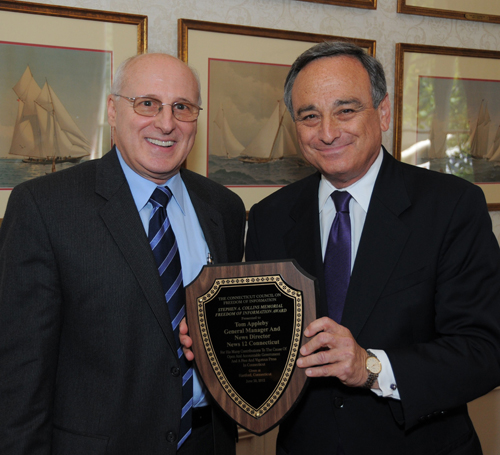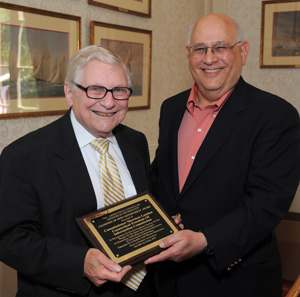Freelance Journalism Guide Available For Download
The national SPJ Freelance Committee has published a 77-page digital guide to help freelancers on topics from bookkeeping to branding.
The guide is free to download for all SPJ members. Click here to download the guide, called “On Your Own: A Guide to Freelance Journalism.”
It will also be sold as an e-book for a nominal fee, with the proceeds going toward committee programming.
SPJ’s Freelance Committee plans to update the guide on a regular basis and include more personal experiences from freelancers to reflect changes and trends in the marketplace.
SPJ also encourages freelance writers and editors not yet affiliated with the society to join and add their input to the guide.
Comments, suggestions and criticisms are welcome and should be made to David Sheets, the guide’s editor, by email at dksheets@gmail.com, or through Twitter at @DKSheets or LinkedIn.





